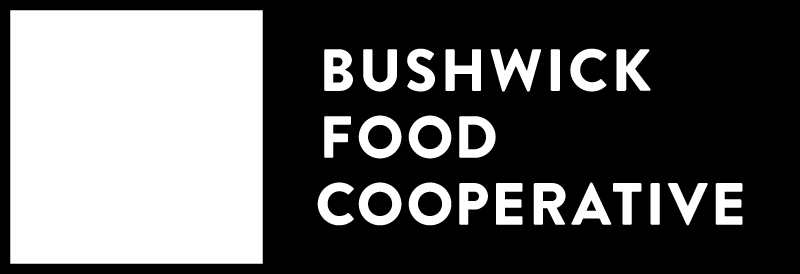Looking to Go Zero Waste? Start Here
By: Katherine Peinhardt
There’s an 80,000-ton elephant in the room, and its name is plastic. The Great Pacific Garbage Patch, to be more specific. And even though a great deal of the blame for the Great Pacific Garbage Patch can be placed on fishing gear, recent news of its growth is putting environmentalists on high alert. So if fishing isn’t part of your everyday routine, what can you do about plastic pollution?
One way to approach it is to examine your waste — and to aim for a zero waste lifestyle. This may sound daunting, but this growing movement has people all over the world taking a closer look at their garbage cans and recycling bins.
A zero waste lifestyle is not about demanding perfection; it’s about small steps that reduce your ecological footprint through new habits around the purchasing and disposing of consumer products. It’s about spreading mindfulness in consumption, and reducing the need to both buy and throw things out, particularly those made of plastic that might be destined for the Great Pacific Garbage Patch.
Here are a few steps that can get you started on the road to a less wasteful lifestyle:
Do your research.
Check out popular blogs like Trash Is For Tossers, Zero Waste Nerd, Litterless, or BFC Blog Leader Sustainable Sabs to see how real people got their start in the journey toward zero waste. Watch some zero waste Youtube channels for even more inspiration!
You’ll find that some people find success by tackling one category at a time; from kitchen waste to cosmetics and hygiene products. Meanwhile, others go all-in, and track how much trash they make in a month or a year. Find what’s most realistic (or exciting) for you!
Take a peek in your trash (and recycling) bins.
Do a trash audit! How much of your waste is comprised of food scraps? How much is diverted to recycling? At the end of this step, you want to know where your biggest opportunities for improvement are.
Find or invest in some supplies.
There are a few items that will make going zero waste easier. From creating a “zero waste grocery kit” to grabbing a reusable water bottle or buying baking soda and vinegar to create a non-toxic DIY cleaning spray, there are endless ways to set yourself up for zero waste success. Many supplies are low- or even no-cost options, and just take some planning ahead! There’s certainly no reward for buying more zero waste supplies, so only buy what’s useful!
Photo by @sustainablesabs
Get waste out of your grocery haul
An easy start is to bring your grocery bags from home. If you’ve got that covered, the next level is to bring your empty (and clean) peanut butter jars or Mason jars to shop in bulk! The Bushwick Food Cooperative has plenty of bulk options, from grains to vinegar, coffee beans to pasta. You can even get your dish or Castile soap in bulk — avoiding unnecessary plastic wrappers and bottles!
To shop waste-free, weigh your jars and containers before you add your bulk items, and ask the cashier to tare that weight when they weigh your items at checkout (here’s a nifty video for package-free grocery store trips).
Re-think your hygiene routine
Check out how many times you touch plastic when you get ready in the morning. Is your shampoo in a plastic bottle? Your toothpaste? Do you use a disposable razor or cotton swabs with plastic in them? Try switching up your bathroom routine, and cutting waste wherever you can! Some great options for first switches: a bamboo toothbrush, an old-school safety razor (not as tough to use as you might think!), organic cotton pads or a menstrual cup, or zero waste toothpaste.
Photo by @sustainablesabs
Make mindful choices
Start thinking about where you eat, how you decide to buy something, and how you entertain yourself. Does your favorite takeout spot include piles of plastic cutlery or a plastic straw with every order? Ask them about it! Are you an impulse shopper? Start being mindful of the impacts of your purchasing habits, and consider buying things like appliances, books, or clothes used instead of new. Tailor your zero waste tactics to your daily life, and be realistic.
Every change counts — don’t underestimate the power of changing the way you think about consumption and waste. It’s our first line of defense against plastic pollution. Do you have any other sustainable habits? Share them below!


